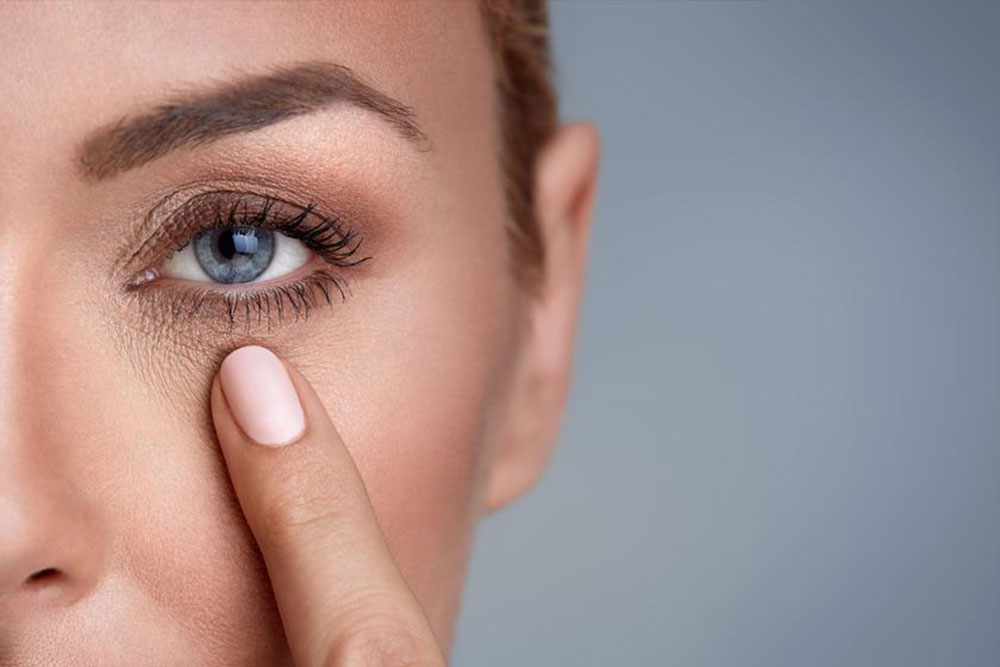An Overview On Caring For Your Eyes
The eye ailments fall into two distinct categories; those related to the aged are the most prevalent. A recent survey has shown that diabetic retinopathy has gone up at an alarming rate of 89% in the last decade or so. This is attributed largely to an increase in the prevailing diabetic epidemic and an increase in Hispanic and African–American populations. Other age-related eye diseases like, macular degeneration, cataract and glaucoma have all shown alarming increases.

The ailments in children and the young are mostly refractive errors. These include myopia, or short-sightedness, hyperopia or farsightedness, astigmatism or distortion of vision and presbyopia, a normal farsightedness of the 40-50 age groups. Amblyopia is a condition in which the vision is normal in only one eye. Vision in the other is poorly developed. Strabismus is the usual, but not the only cause.
Eye care, especially for the age of 65 years, is predominantly provided by private health insurance providers. A comprehensive health care is the best to cover eye care requirements. Federal and State Governments offer two types of health insurance coverage. Medicare caters to the needs of the group of those aged 65 and above with some certain qualifying restrictions. Medicare includes some preventive Eye care and diagnostic procedures like yearly eye examination for diabetic retinopathy in Part B. Those who have registered in both Parts A and B are entitled to 12 monthly glaucoma screening for vulnerable groups. The basic cost of the intraocular lens in laser cataract surgery cost is covered.
Medicaid is a long-term medical welfare program for certain low–income group of the population who fit into the qualifying criteria. This program pays the healthcare provider directly. Children under 21 years are eligible for the Early and Periodic Screening, Diagnostic and Treatment program. States also has similar services and it varies from state to state. Medicaid covers certain specified charges of laser cataract surgery cost.
The emphasis on prevention has paid good dividends in the long run.















